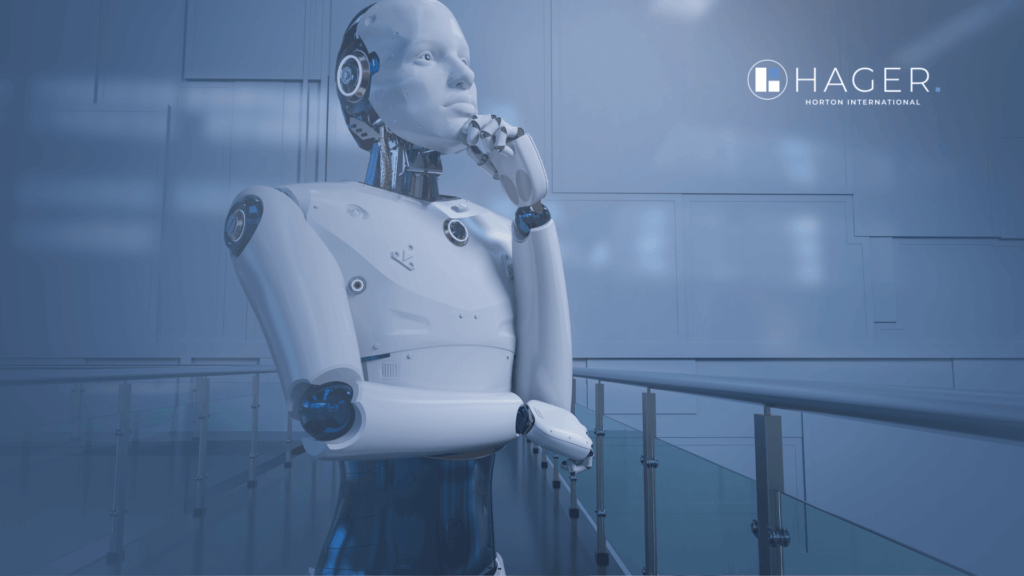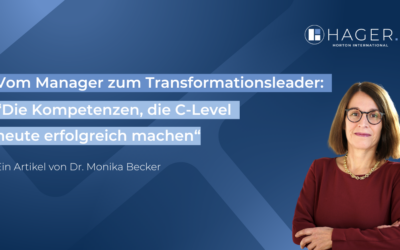
The future of work is characterised by many factors, but none more so than the rapid
development of artificial intelligence (AI). There are already many examples of how AI is being used in companies
companies to automate work processes, support decision-making and develop new products.
develop new products. However, it is also clear that AI will change many jobs and therefore
some skills will be particularly in demand in the future. In this blog article, we take a
look at the future of the labour market and what skills workers will need to be
workers will need to operate successfully in a world characterised by AI.
Analytical skills
One of the relevant skills in a working world characterised by AI are analytical skills.
AI systems can utilise enormous amounts of data in the shortest possible time and recognise patterns,
but they still need human expertise to interpret the results and make decisions.
make decisions. Workers must be able to analyse data in order to gain valuable
analyse data to gain valuable insights and develop strategies. Analytical
analytical skills are therefore in demand in many industries and professions, from finance and marketing to
to science and technology.
Creativity
AI systems are able to perform tasks such as creating reports or analysing data.
analysing data, there are certain tasks that they do not yet perform as well as humans.
humans. Creativity is one of these skills. Creative skills such as design, writing, painting
or music are unique human skills that AI systems cannot replace.
Workers who are able to develop creative ideas and put them into practice will also be able to work in the future.
into practice will continue to be in demand in the future.
Flexibility and adaptability of AI
Another important skill in a working world characterised by AI is versatility and adaptability.
adaptability. Technologies are evolving rapidly, so workers need to be able to adapt quickly to new working methods, systems and tools. The working environment can change quickly, especially as companies prepare for the use of AI systems.
prepare for the use of AI systems. Workers must always be prepared to be
to be flexible in order to be successful in this environment.
Social and emotional intelligence
Artificial intelligences are able to take over many tasks that were previously performed by humans
humans, there is one ability that AI systems cannot completely replace: social and emotional intelligence.
emotional intelligence. The ability to understand human emotions and behaviour and to respond
and react appropriately to them will continue to play a decisive role in many professions in the future.
professions in the future. Workers who are able to build relationships, conduct negotiations
to build relationships, conduct negotiations and solve problems.
Conclusion
Overall, artificial intelligence will bring about many changes in the labour market
and require new skills from employees. It will be important to adapt to the new
developments and to continue training. At the same time, the introduction of
of AI also offers many opportunities to optimise processes and achieve better results.


